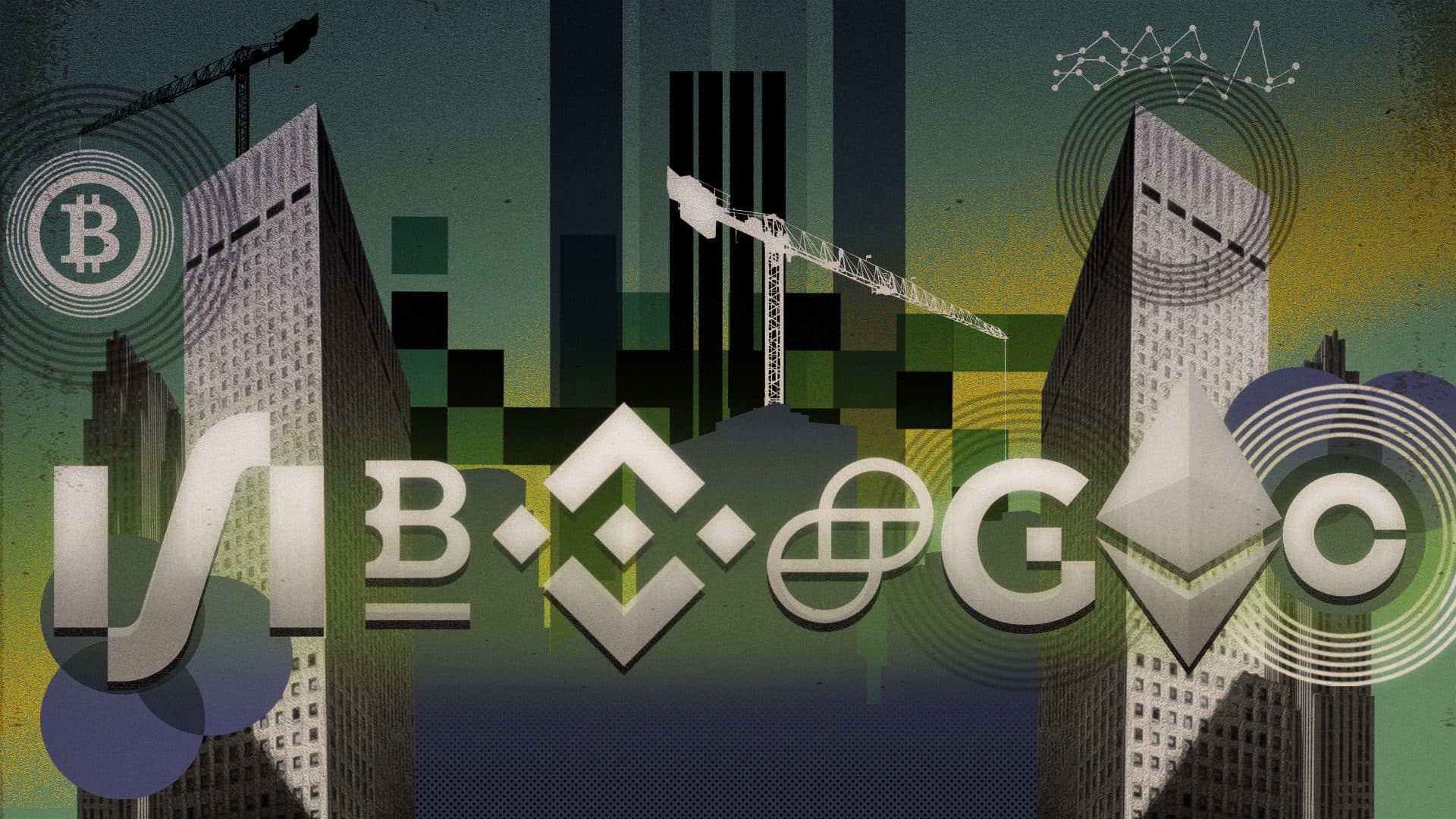Survey Says Most People Still Don’t Understand Crypto
98% of survey participants failed a quiz on basic concepts related to bitcoin, stablecoins, NFTs.

Blockworks Exclusive art by Axel Rangel
key takeaways
- Nine out of ten survey respondents didn’t know that bitcoin’s supply was limited to 21 million, while 90% also do not understand stablecoins
- About 30% of Brazilians and 28% of Mexicans advised they intend to purchase or sell cryptocurrencies in the next six months, versus 12% of Americans
All but 2% of survey participants across the US, Mexico and Brazil failed to score 60% or better on a quiz of basic concepts related to bitcoin, stablecoins and NFTs, helping to quantify the extent that the general public still does not understand crypto.
The 17-question Crypto Literacy Survey was given by YouGov to 1,000 users who are aware of bitcoin or cryptocurrency, in each country, balanced across age, gender and education level. The assessment results were unveiled on Monday as part of a new report by CryptoLiteracy.org, an initiative led by Coinme, CoinDesk and Digital Currency Group.
The assessment measured knowledge in cryptocurrency, bitcoin, decentralized finance, blockchain, mining, types of wallets, NFTs and general sentiment towards digital currencies.
Questions included, for example, specific facts about the maximum supply of bitcoin and what the smallest unit of bitcoin is called, as well as broader definitions of NFTs, stablecoins and DeFi. A link to the quiz can be found here.
Nine out of ten respondents did not know that bitcoin’s supply was limited to 21 million, the findings indicate.
“I’d say that was one of the most surprising attributes because the fixed supply of bitcoin is one of its greatest value propositions,” Neil Bergquist, CEO and co-founder of Coinme told Blockworks.
Founded in 2014, Coinme was the first state-licensed bitcoin ATM company in the US and now has a vertically integrated network of crypto ATMs, digital wallet and private client services.
“Now that we have the largest licensed on-ramp in the US, we can really double down on efforts to help educate the broad population in order to understand how to utilize digital currency,” Bergquist added.
In addition to CryptoLiteracy.org housing the survey, CoinDesk is leading the development of educational content on the site, Bergquist explained. The initiative will include additional programming and events in the future.
The crypto literacy assessment results also indicate that 90% of respondents do not understand stablecoins.
Just four out of ten of those surveyed had a clear understanding of what determines bitcoin’s price, which was roughly the same amount of people that could define a non-fungible token.
“I agree that people have a long way to go on educating themselves about crypto, but the good news is they are working hard to get there,” said Matthew Hougan, chief investment officer of Bitwise Asset Management. “There’s an insatiable appetite for high-quality information about crypto right now.”
Bitwise, a firm with a variety of index-based crypto investment offerings, focuses on educating financial advisors about the space.
“We speak with hundreds and thousands of financial advisors each week through webinars, conferences, lunches and one-on-one meetings, and those advisors are very engaged and asking very good questions,” Hougan told Blockworks. “I suspect these statistics will change rapidly over the coming months and years.”
Who is investing, and how and why?
Seventeen percent of the respondents in the US own crypto, according to the survey, while 15% and 14% of those surveyed in Brazil and Mexico, respectively, are invested in the space. About two-thirds of the respondents across regions do not believe purchasing crypto is easy.
Owning cryptocurrency is associated with higher performance on the crypto literacy test, the results show. Those who own crypto are twice as likely in the US to answer questions correctly, while crypto holders in Mexico and Brazil are 50% more likely to answer correctly.
The majority of cryptocurrency investors in each of the three countries own five or less digital currencies, as more hold between two and five crypto assets than only one. US respondents were the most likely to hold six or more in their portfolio, with nearly a quarter reporting such diversification.
Half of people in the US, as well as 52% and 62% in Brazil and Mexico, respectively, reported that they see crypto as a way to save for the future.
“It’s interesting how the brand for digital currency and bitcoin has grown so much that people may not even understand the fundamentals, but they believe it to be a safe store of value,” Bergquist said.
About 30% of Brazilians and 28% of Mexicans advised they intend to purchase or sell cryptocurrencies in the next six months, versus 12% of Americans.
Bergquist explained that Brazil and Mexico have started catching up with the US, which had some key crypto infrastructure developed earlier than some countries.
“In the US, we are already banking on the dollar,” he noted. “In Mexico and Brazil, cryptocurrency includes stablecoins, and so there’s an opportunity for them to also buy dollars.”





